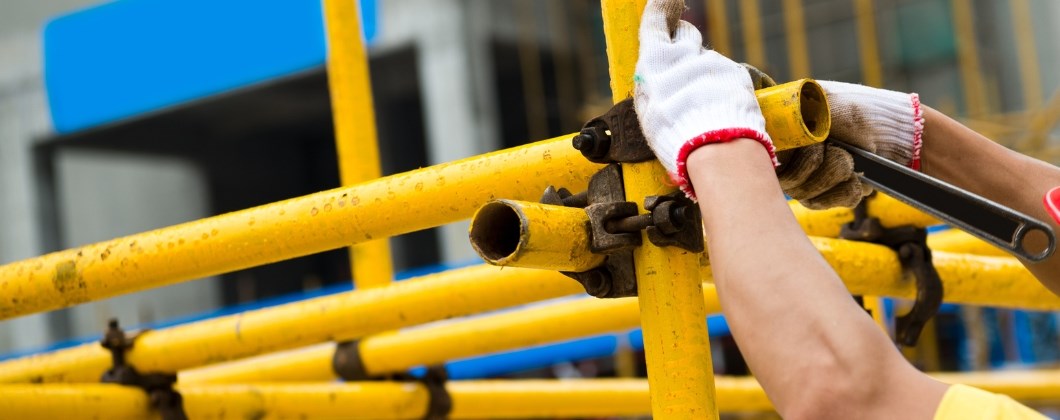Steel Work Safety Precautions

Working at heights and handling heavy materials can leave you exposed to many dangers on-site. Add in heavy machinery and electrical dangers, and steel contractors have one of the most hazardous jobs in any industry.
To reduce your risk of accidents while on-site, never take safety for granted, and keep the following tips in mind during your day-to-day activity.
- Follow the regulations outlined by ’s fall protection programme and use fall protection equipment correctly every time you work at dangerous heights as defined by the HSE.
- Before getting off the ground, make sure you have the correct anchoring and positioning equipment available.
- Inspect your fall protection gear before using it each and every day, and do not use materials beyond the manufacturer’s recommendations for the life of the product.
- Never try and hoist materials or loads without the proper training. Once trained, ensure that the load is properly secured before attempting to move it.
- Do not attempt to operate a hoist if it is unsafe to do so. If loads shift, lifting power is lost or a cable snaps, you run the risk of a crush injury or even death.
- When moving loads, do so slowly and watch out for obstacles.
- Be aware of the danger for vibration injuries from power tools in your work. If you experience tingling and numbness in your hands, you may be suffering an injury that could become worse without medical attention. To reduce your risks, use low-vibration tools, wear protective gloves and hold tools with a light grip.
- Take short breaks every 30 minutes to give your body a rest and time to rejuvenate between tasks, especially when lifting particularly heavy loads or engaging in other draining tasks.
- Protect against falling objects by securing materials to loading equipment before removing support cables. Use tool lanyards in case you accidentally drop them while above the ground.
- Always wear a hard hat and remember that even light objects falling from great heights can cause serious damage.
In addition to a hard hat, wear all other required personal protective equipment (PPE) in its intended manner, including safety shoes, glasses, work gloves and a life jacket when working over water. Wear hearing protection (ear plugs or muffs) to protect your ears against damaging noises on-site.
For more on-site health and safety guidance contact our in-house risk management experts today or speak to our dedicated construction insurance team.
